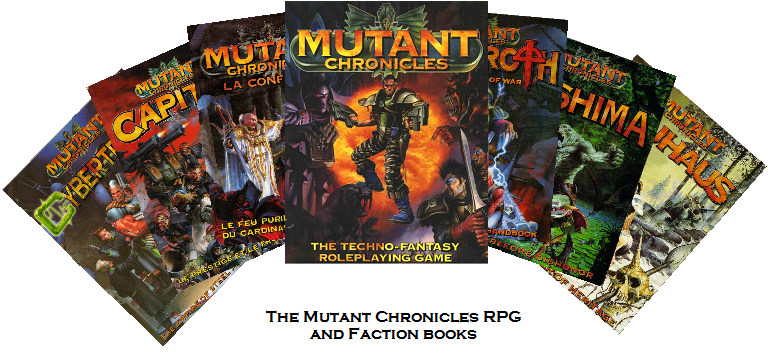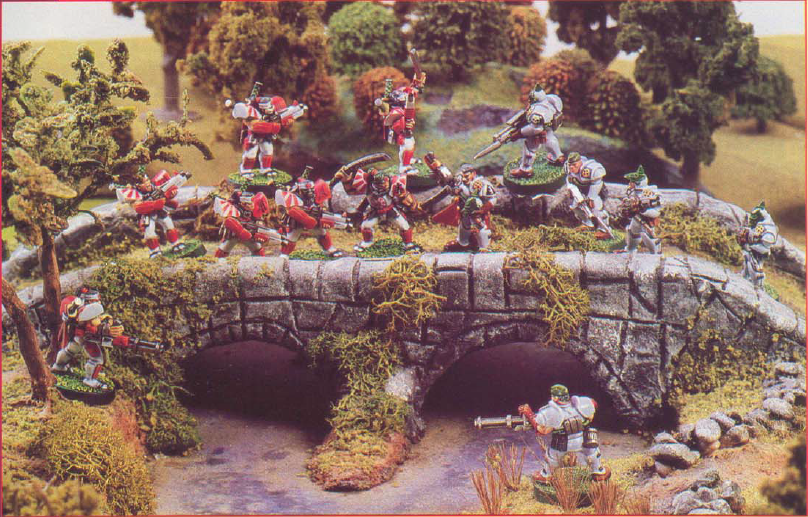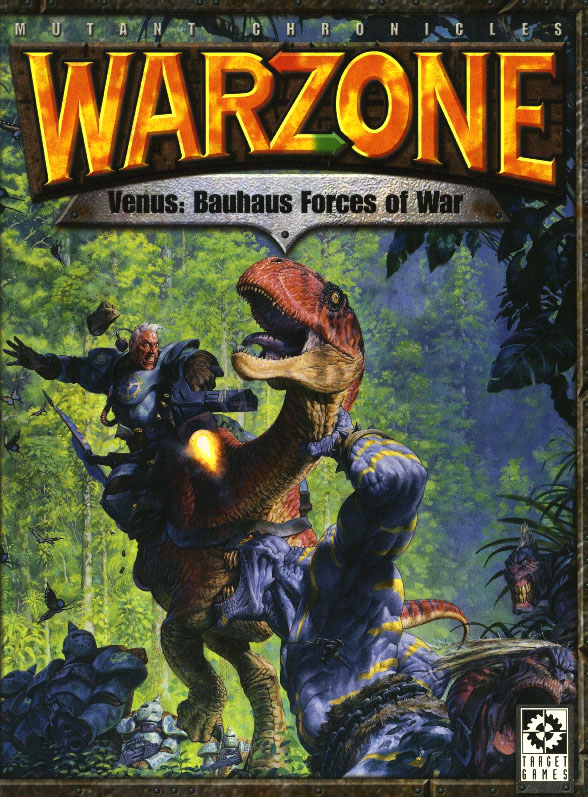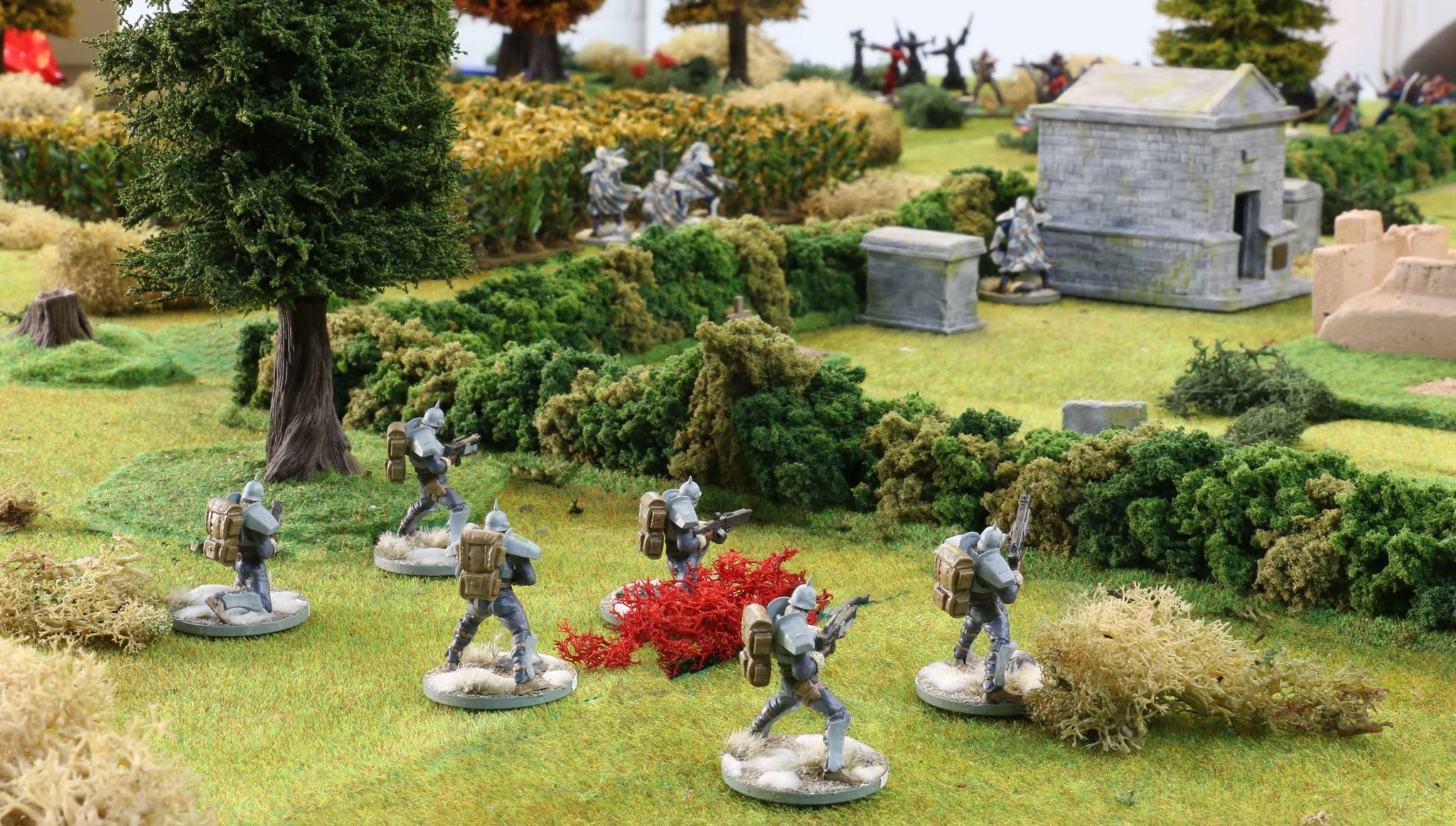Warzone: Resurrection- The Long Road
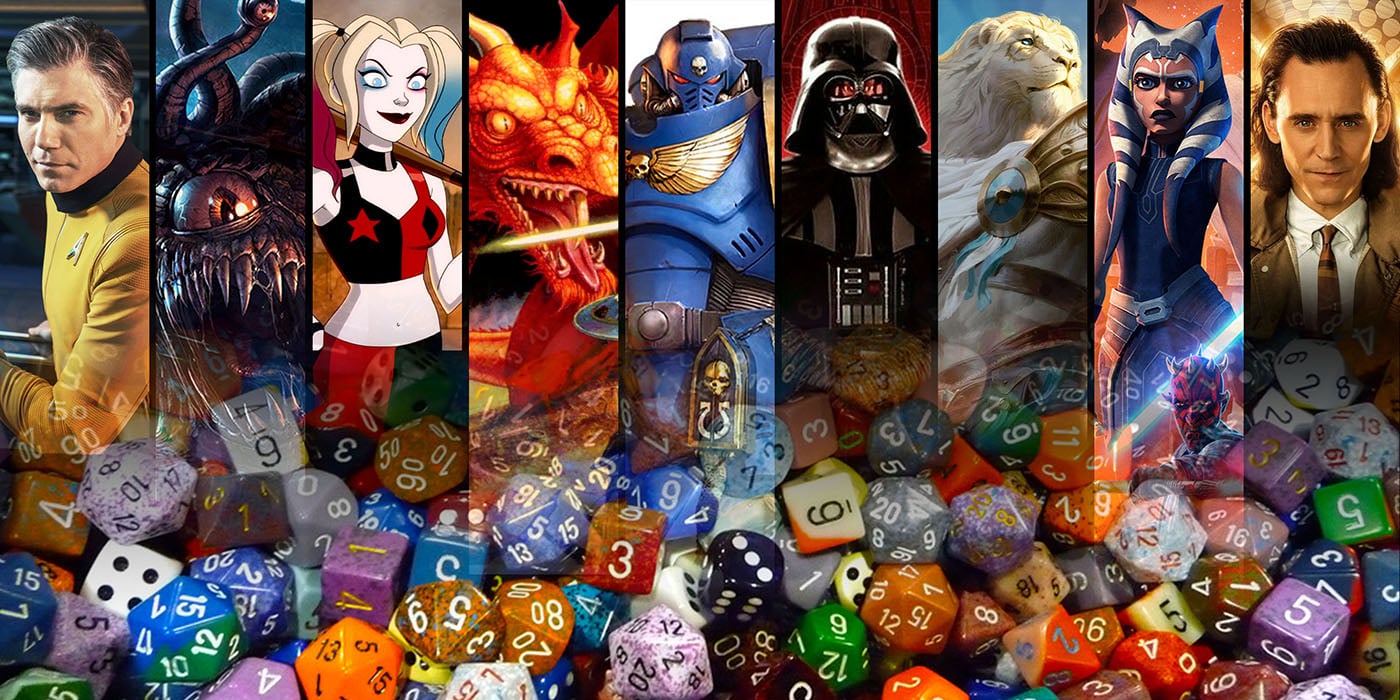

The name ‘Warzone’ may be rather familiar to some readers out there. Indeed, it has a pedigree stretching back to the early 1990s and a fully-realised setting that supports an RPG and has numerous other games to its name.
Since the arrival of Warzone: Resurrection, scores of new players across the world have discovered the world of Mutant Chronicles. New commanders for the five Megacorporations, the Brotherhood and the Dark Legion have taken up paintbrushes, dice and rulebooks to prepare and lead their forces into the Warzones of the Solar System.
However, they’re not breaking new ground, even if the world seems new to them. In fact, a significant proportion of the new players of Warzone: Resurrection has been there before, playing one of the RPGs, a previous version of Warzone, or any of the range of ancillary systems.
First Beginnings
The Mutant Chronicles setting started as a Role-Playing Game (RPG). The first edition, published in 1993, took the game Mutant and evolved it into the setting we’re familiar with today. This is where the Corporate Wars, the Breaking of the Seal, the Dark Symmetry, the Dark Legion and the Cardinal’s crusades all took form.
However, as an RPG, something else took form as well: a complete universe came to life, down to the details of the societies of the Megacorporations, the Brotherhood, the Cartel, the Freelancers and of course, the Dark Legion. Players could step into this world and walk around as anything from a stockbroker to a celebrity to a soldier to an agent. They could attend Imperial’s schools, bargain with Mishiman lords, enter Brotherhood cathedrals, walk the ordered streets of Bauhaus’ Homebuilders, run for office in Capitol, try to retain their humanity in Cybertronic, scrape a living on Luna or fall to the Darkness and worship the apostles.
Later, the setting of Dark Eden was developed, following those who were left behind on Earth and the factions they split into. The setting is almost exactly the same as it is today, with varying shades of grey and competing interests leaving the solar system as a hotbed of intrigue, struggle and combat.
This RPG and the fictional setting were so popular that it spawned a range of other products: a Collectible Card Game, a handful of board games, a video game, novels and comics, a movie and a collectible miniatures game. While some of these spin-off products have had some issues (notably, the novels and especially the movie departed from the established canon), they have all had their impact on the development of the Mutant Chronicles universe and the game we love today, Warzone.
Warzone: Tabletop wargame
The first edition of Warzone was built for fans of the RPG as well as new players, coming out in 1995. At this time, tabletop sci-fi games were becoming quite popular, with a handful of games selling very well. The two largest in many countries were Warhammer: 40,000 and Warzone (respectively).
Most of the units that we see now with Warzone: Resurrection were present in 1st edition, and many of the game elements in the rulebook now were true then- the army lists, the ability to customise heroes (back then it was billed as a way to bring RPG characters onto the battlefield), the short fiction pieces amongst the rules. The game system was based around actions and D20s as it is now, although there were a few significant differences- all models had a stat line for action points (usually three or four) which they could use in any combination of actions (move-shoot-move or move-aim-shoot or move-move-move, for example), and there were no cards or resources present. After the initial game was released, a series of later expansions added more rules and units to all the factions.
New Editions, New Owners
In 1998, a second edition of the game was released, this time diverging somewhat from the established background to portray more of the ‘original vision’ for the Mutant Chronicles universe. Two supplements were produced, focussing on Capitol forces on Mars and Bauhaus forces on Venus. Target Games were working on the third supplement, based on Mishima and Mercury, when the company was restructured. The Warzone (and Mutant Chronicles) Intellectual Property was sold to a newly-established independent subsidiary company, Paradox Entertainment.
Warzone was later licensed to Excelsior Entertainment, who produced Ultimate Warzone (intended to be called Warzone: Universe Under Siege) in 2004. However, Excelsior went out of business before this was released. The original moulds were destroyed and the existing copies of the boxed game and miniatures were sold to a company in Ireland called Prince August.
In February 2013, Prodos Games launched Warzone: Resurrection via Kickstarter. After a wildly successful Kickstarter Campaign, the miniatures were released and later the game was sold to retail stores, becoming what you know it as today. It was intended to include four factions on release- Cybertronic, Bauhaus, Dark Legion (Algeroth) and the Brotherhood. However, the success of the campaign led to Capitol and Mishima also being included and the range of miniatures exploding to several times the intended size. There has also been a successful Kickstarter campaign to launch the latest edition of the Role-Playing Game by Modiphious Entertainment.
This article is a short version of an article in Cartel Tactical Centre (CTC) Magazine, a free fan-made e-zine available at their Facebook page.
**Note: this article originally said that the Kickstarter for Warzone: Resurrection launched in February 2003. The author blames sleep deprivation for the error- he has two kids under two years of age!**
Did you play a previous edition of Warzone? What about the RPG and/or the spin-off games? Have you still got some of the old miniatures lying around somewhere?

